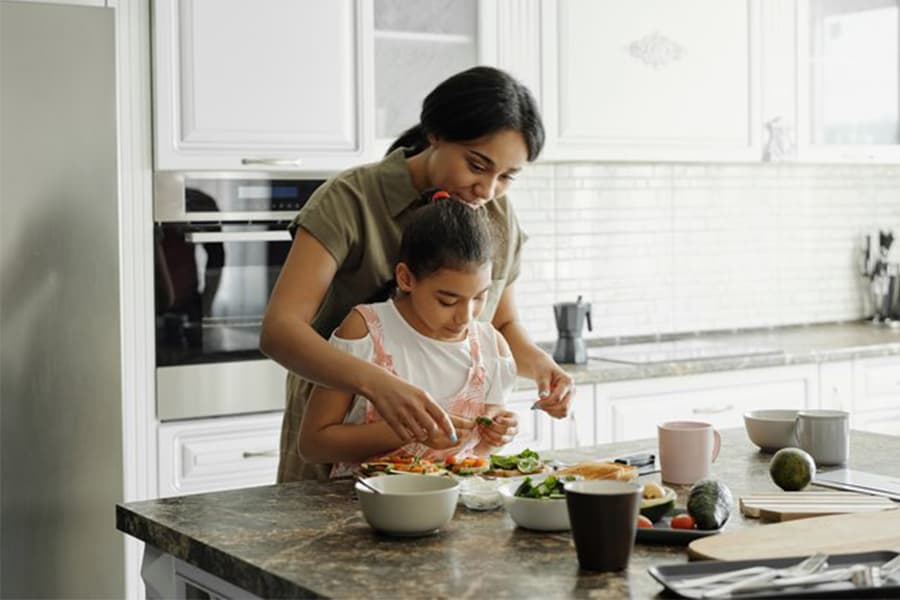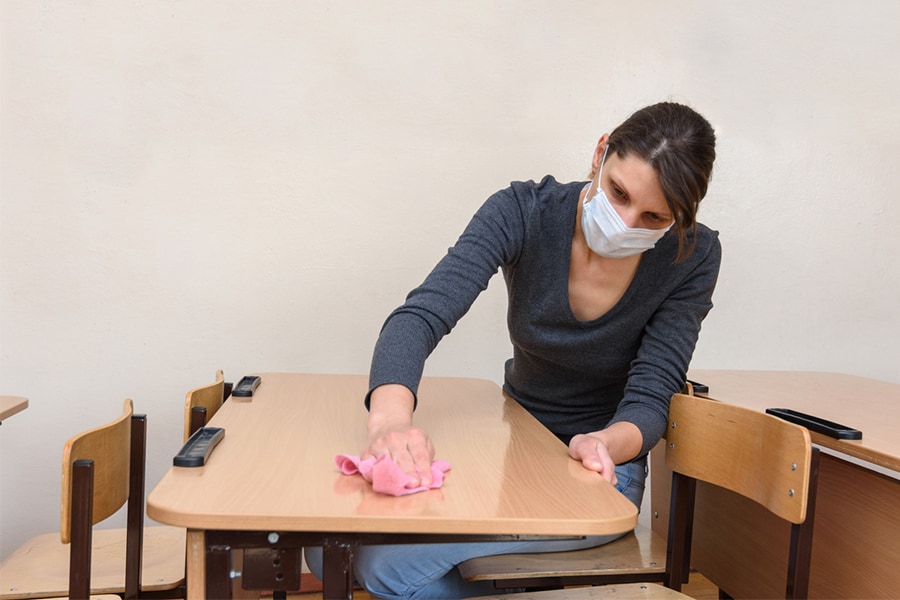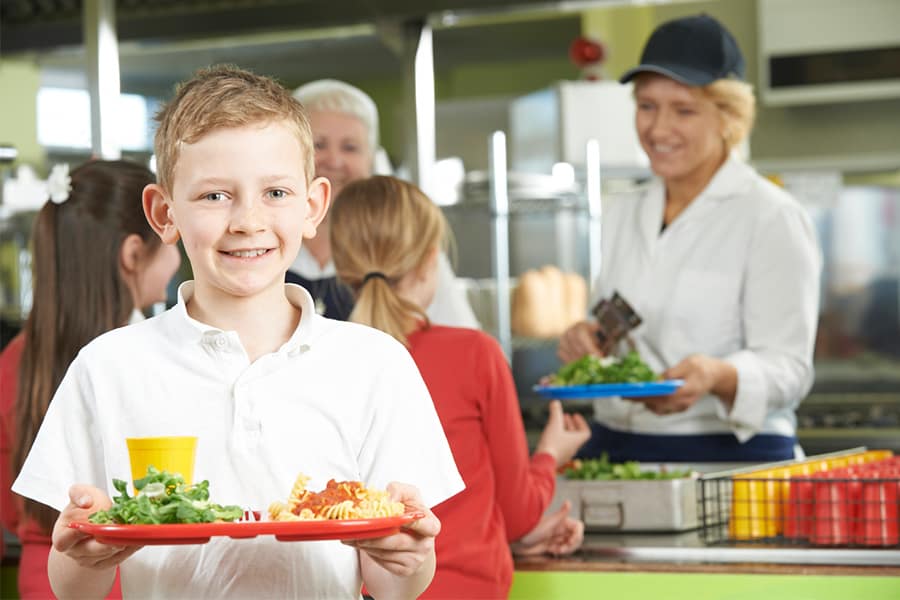
The happiness of a child is the cornerstone of effective parenting. One key tool parents can use the ensure their child’s happiness is to in still habits which support them with their development and help them flourish. We’re going to look at how healthy eating habits can have a particular effect on the child and their family environment.
It’s not rocket science; weight gain is often associated with a poor diet. It’s not always the case, however more often than not poor diet can lead to a myriad of health issues, from weight issues, cognitive fog, mood swings, and a whole host of other issues which can stunt development in and outside the classroom. There are lots of things parents can do or avoid doing to make sure their child develops a healthy relationship with food.
Offer a choice
Give your child the flexibility to pick out healthy snacks on their own, make sure the kitchen has as many options as possible such as fruit, yogurt, nuts, and veggies.
Don’t use food as a reward or punishment
Emotional connections with foods are often disruptive, as it teaches children to eat even though they aren’t hungry. This may lead to them forming an unhealthy relationship with food which could carry through to their adult life.
Eat together
Eating on the same table at the same time means they can learn from you, allowing you to be a good example. Children will learn so much from their family naturally, so by eating together you teach them the right etiquette, how to eat slowly, and build up the habit of using mealtimes as a family bonding opportunity.
Try new foods
It can be daunting for children to try different foods which may be unusual to them! You can do this by offering small portions, instead of saying “today we’re having Chinese chicken” try saying “today you’re going to be able to taste Chinese chicken”. This way, there is no pressure for the child to eat a full meal’s worth, they can just try it and see what they think! Usually, they’ll come back for more!
Help in the kitchen
Let your child help in the kitchen, they can be your sous-chef! This way they can appreciate the process of the food being made, rather than just seeing the final product on their plate. Throughout the cooking process, they will learn all kinds of tips, from cooking to housekeeping!








